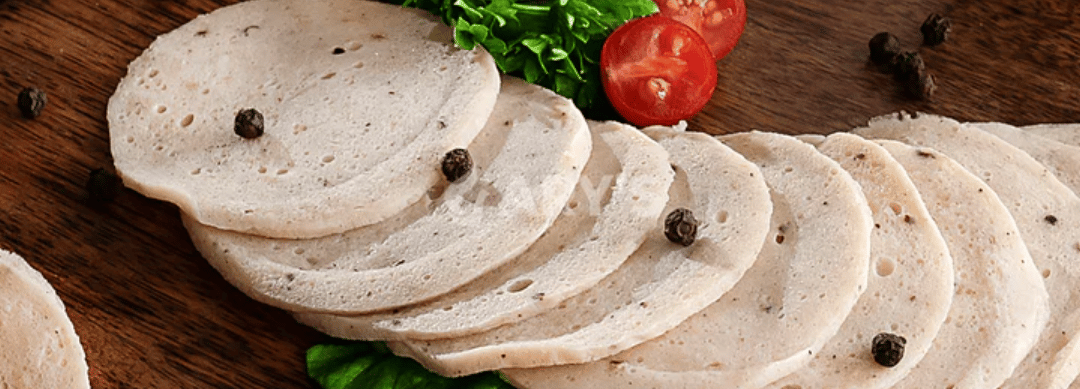Enjoy discounts on delicious frozen meals!
Frozen vs Fresh: Which is Better for Nutrition?


When it comes to healthy eating, many of us instinctively reach for fresh produce, assuming it's the most nutritious option. But is that always true? With busy lifestyles and growing access to quality frozen foods in India, it's worth asking: Is frozen food actually less nutritious than fresh? Or can it be just as good—or better?
Let’s break it down.
What Does "Frozen Food" Really Mean?
Frozen food is typically flash-frozen at peak ripeness—soon after harvesting or preparation. The freezing process locks in nutrients and preserves the food without the need for preservatives or additives.
Fresh food, on the other hand, may spend days or even weeks in transit and storage before it reaches your plate—losing nutrients along the way.
Nutrient Retention: Fresh vs Frozen
Frozen Foods Can Be More Nutritious Than “Fresh”
Several studies show that certain frozen fruits and vegetables can retain more nutrients than their fresh counterparts, especially if the fresh produce has been sitting on a shelf for a long time.
Example:
Frozen spinach often has higher levels of vitamin C and beta-carotene than spinach that's been sitting in a fridge for days.
Fresh Isn’t Always Fresh
In India, "fresh" produce may travel long distances from farms to cities, sometimes losing nutrients due to:
Heat exposure
Rough handling
Delays in transportation
By contrast, frozen foods are processed within hours of harvest and stored at stable, cold temperatures.
Cooking: The Great Equalizer
Cooking methods matter! Whether fresh or frozen:
Steaming and microwaving retain more nutrients.
Boiling may lead to vitamin loss, especially water-soluble ones like vitamin C and B vitamins.
Benefits of Frozen Foods
Longer Shelf Life: No rush to use them within a day or two.
Convenience: Ready-to-cook, pre-washed, and pre-cut.
Reduced Waste: Use only what you need, store the rest.
Seasonal Access: Eat your favorite veggies year-round.
So, Which Is Better?
There’s no one-size-fits-all answer. But in many cases, frozen foods are just as nutritious, and sometimes even more so, than "fresh" ones.
Here's a simple rule:
Eat fresh when it's truly fresh. Choose frozen when it's more practical. Both can be healthy.
Final Thoughts
In the Indian market, frozen foods are rapidly gaining popularity—not just for their convenience, but also their nutritional value. The key is to choose quality brands, check labels, and store them properly.
So the next time you grab a pack of frozen green peas or parathas from the freezer aisle, know that you're not compromising on health—you’re making a smart, nutritious choice.
Ready to stock your freezer with healthy options?
Explore our range of high-quality frozen meals, veggies, and snacks made for Indian kitchens!
© 2025 Yankees Frozen Food. All Rights Reserved.
Yankees Frozen Food delivers premium-quality frozen meats and seafood straight to your doorstep. Our freshly frozen selection includes chicken, mutton, and cold cuts—all carefully sourced, hygienically processed, and frozen to retain taste and nutrition. Whether for family meals or quick, hassle-free dining, we guarantee top-quality, flavorful, and healthy options. Enjoy ultimate convenience and freshness—one taste of Yankees, and you’re hooked for life!
FSSAI Licence No. 23321006002053
